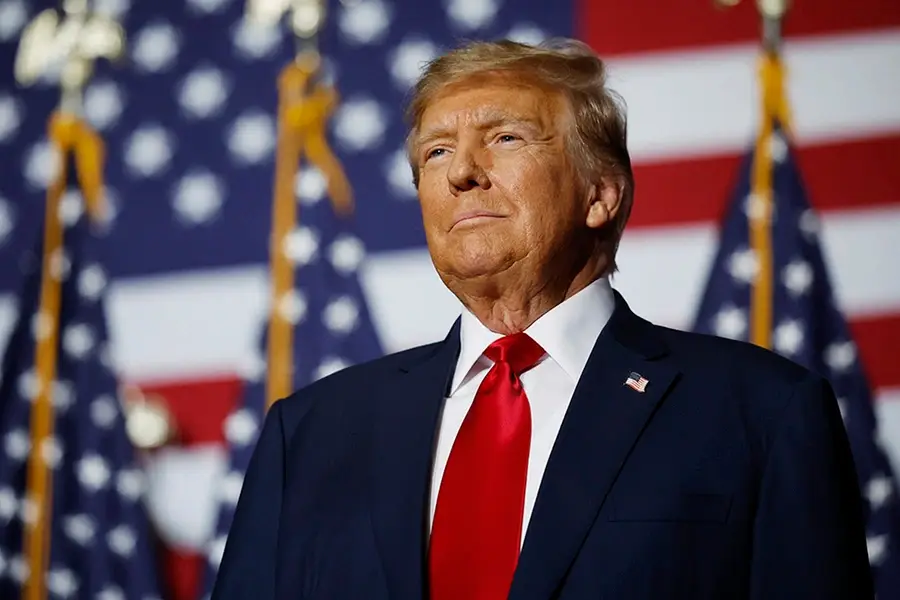As of February 2025, President Donald Trump’s policies have markedly reshaped the United States’ relationships with its traditional allies, leading to increased tensions and strategic realignments. Key areas of impact include:
Table of Contents
1. Trade Relations and Tariffs
- Tariffs on Allies: In early February 2025, President Trump imposed a 25% tariff on all imports from Canada and Mexico, with a 10% tariff specifically on Canadian energy exports. Additionally, a 10% tariff was levied on imports from China. These measures were justified by the administration as necessary to curb illegal immigration and drug trafficking.
- Retaliatory Measures: In response, Canada announced equivalent tariffs on U.S. goods, targeting a wide range of products. Mexico also declared its intention to implement retaliatory tariffs, leading to heightened trade tensions among the North American partners.
2. Defense and NATO Commitments
- Demands for Increased Defense Spending: The Trump administration has intensified pressure on European NATO members to significantly boost their defense budgets, advocating for contributions up to 5% of GDP. This demand has strained transatlantic relations and prompted debates within Europe about defense autonomy.
- Strategic Realignments: Reports suggest that President Trump is considering withdrawing U.S. troops from NATO’s eastern flank, particularly the Baltic states, as part of a broader peace agreement with Russia. Such a move has raised concerns among Eastern European allies about potential vulnerabilities to Russian aggression.
3. Diplomatic Relations and Global Influence
- Exclusion from Key Negotiations: The administration’s decision to engage directly with Russia over the Ukraine conflict, without involving European allies or Ukraine itself, has led to feelings of marginalization among traditional partners. This approach has prompted European nations to reconsider their strategic dependencies and explore greater self-reliance in security matters.
- Formation of New Alliances: In response to shifting U.S. policies, European countries have initiated the “Weimar+” alliance, expanding the original Weimar Triangle to include the UK, Italy, Spain, and the European Commission. This coalition aims to strengthen European sovereignty and reduce reliance on U.S. leadership.
4. Global Trade Dynamics
- Impact on Multilateral Trade: The “America First” trade policies, characterized by protectionist measures and unilateral tariff impositions, have disrupted traditional trade relationships. Allies are now seeking to diversify their trade partnerships and reduce dependence on the U.S. market, potentially leading to a reconfiguration of global trade networks.
In summary, President Trump’s policies in 2025 have led to strained relations with traditional U.S. allies, prompting them to reassess their strategic positions and consider greater autonomy in defense and economic matters.



